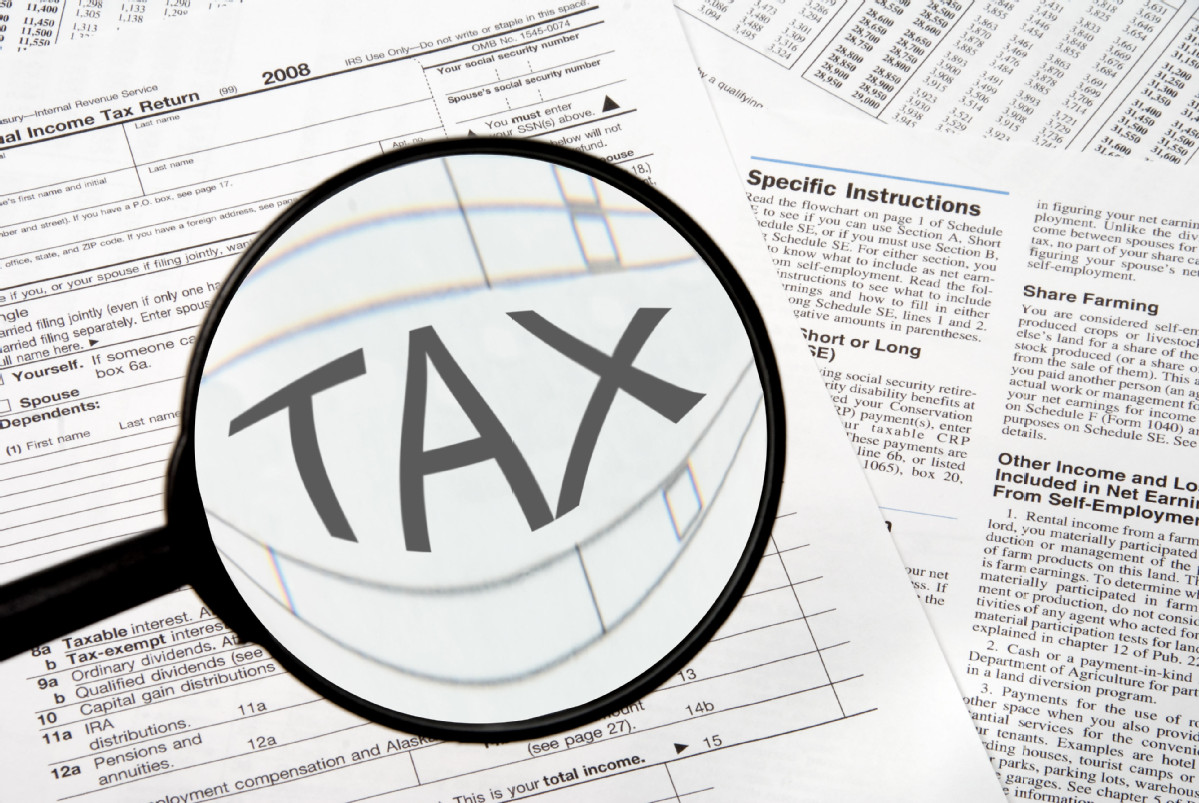Understanding the Tax Implications: Are Loans Tax Deductible?
#### Are Loans Tax Deductible?When it comes to managing finances, one of the most common questions borrowers have is, "Are loans tax deductible?" Understand……
#### Are Loans Tax Deductible?
When it comes to managing finances, one of the most common questions borrowers have is, "Are loans tax deductible?" Understanding the tax implications of loans can significantly impact your financial planning and tax strategy. In this article, we will delve into the different types of loans, their tax deductibility, and how you can navigate the complexities of tax regulations.
#### Types of Loans
There are various types of loans available, each with its own tax implications. The most common types of loans include:
1. **Mortgage Loans**: These are loans taken out to purchase real estate. In many cases, the interest paid on mortgage loans is tax deductible, which can provide substantial savings for homeowners. However, there are limits on the amount of mortgage debt that qualifies for this deduction, especially for high-value properties.
2. **Student Loans**: Interest paid on student loans is also tax deductible, up to a certain limit. This deduction is available to those who meet specific income requirements and can help alleviate the financial burden of higher education.

3. **Personal Loans**: Generally, personal loans are not tax deductible. However, if the loan is used for business purposes, the interest may be deductible as a business expense.
4. **Business Loans**: If you take out a loan to fund your business, the interest on that loan may be tax deductible. This can be a significant advantage for business owners looking to minimize their taxable income.
#### Understanding Tax Deductions
Tax deductions reduce your taxable income, which can lower the amount of tax you owe. When considering whether "are loans tax deductible," it's essential to understand how these deductions work. For instance, if you pay $10,000 in mortgage interest and are in the 22% tax bracket, you could potentially save $2,200 in taxes due to this deduction.
#### Eligibility and Limitations

While many loans offer the potential for tax deductions, eligibility can vary based on several factors:
- **Income Limits**: For certain deductions, such as student loan interest, your income may affect your eligibility. If you earn above a certain threshold, the deduction may be phased out.
- **Loan Purpose**: The purpose of the loan plays a crucial role in determining whether the interest is deductible. Personal loans typically do not qualify, while business loans often do.
- **Filing Status**: Your tax filing status can also impact your deductions. Married couples filing jointly may have different limits and eligibility criteria compared to single filers.
#### How to Claim Deductions

To claim deductions related to loans, you must itemize your deductions on your tax return. This process involves listing all eligible expenses, including mortgage interest, student loan interest, and any other deductible loan interest. If your total itemized deductions exceed the standard deduction, it may be beneficial to itemize.
#### Conclusion
In summary, the question "Are loans tax deductible?" has a nuanced answer that depends on the type of loan, its purpose, and your individual financial situation. Understanding the intricacies of tax deductions related to loans can help you make informed financial decisions and optimize your tax strategy. Always consider consulting a tax professional to ensure you are taking full advantage of available deductions and complying with tax regulations. By doing so, you can effectively manage your loan-related expenses and potentially save on your overall tax bill.